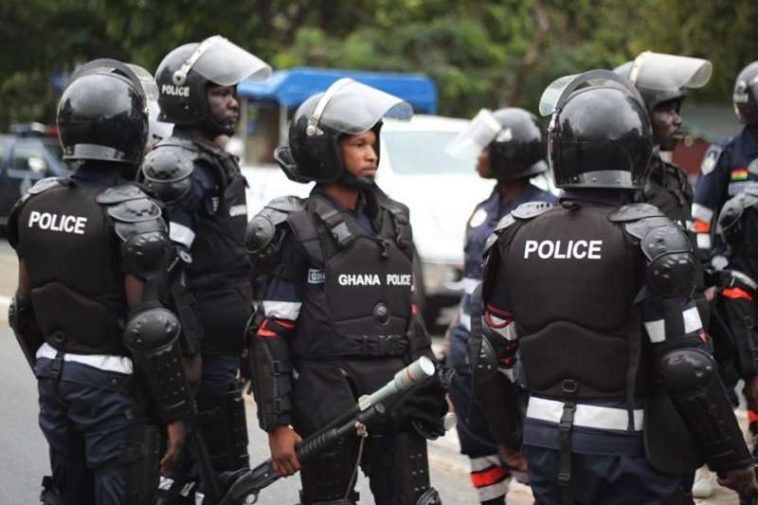The two-week partial lockdown of Accra, Tema, Kumasi and Kasoa is in force as Ghana begins its most drastic measure to fight the novel coronavirus pandemic.
Ghana joins South Africa, Kenya, Rwanda, Mali, among others, in Africa to have announced some restrictions of movement to curb the spread of the virus which has killed over 30,000 people across the globe.
Ghana’s coronavirus case count has risen from 137 to 152 in the period between the March 27 announcement of the partial lockdown and its commencement today, Monday, March 30, 2020.
One person has also died in the period raising Ghana’s death count to five.
Whilst some roads have been devoid of activity, others have seen some police presence to enforce the lockdown.
During the two-week partial lockdown, citizens in affected areas are advised to only leave their homes in search of essential items or activities.
Among these essentials listed by President Nana Akufo-Addo were food, medicine and water.
In addition, only activities that the average citizen will be allowed to undertake during this period will be banking transactions and the use of public toilet facilities, according to the President.
As part of the lockdown, there shall be no inter-city movement of vehicles and aircraft for private or commercial purposes.
There is generally expected to be a heavy police presence as the lockdown develops.
The police are working in collaboration with the Ghana Navy, Army and Airforce in a humanitarian operation tagged “COVID Safety”.
Only vehicles and aircrafts providing essential services and those carrying cargo will be permitted to move in and out of the region.
Internally, motorbikes will not be allowed to have pillion riders whilst all intra-city passenger vehicles, such as trotros and taxis, have been directed to reduce the number of passengers in a bid to ensure appropriate social distancing and hygiene protocols.
In markets, only persons involved in the food value chain can operate during the lockdown period.
There are also some workers described as offering essential services who will be permitted to move to their places of work during the lockdown.
These include persons aligned to the production, distribution and marketing of food, beverages, pharmaceuticals, medicine, paper and plastic packages, environmental and sanitation activities, road and railway construction workers, members of the security agencies, workers at fuel stations and staff of utility, telecommunications, e-commerce and digital service providers.
The lockdown was preceded by panic buying in major business centres in the affected areas.
Markets were overwhelmed by customers and gas filling stations also had to deal with heavy human traffic over the weekend.









